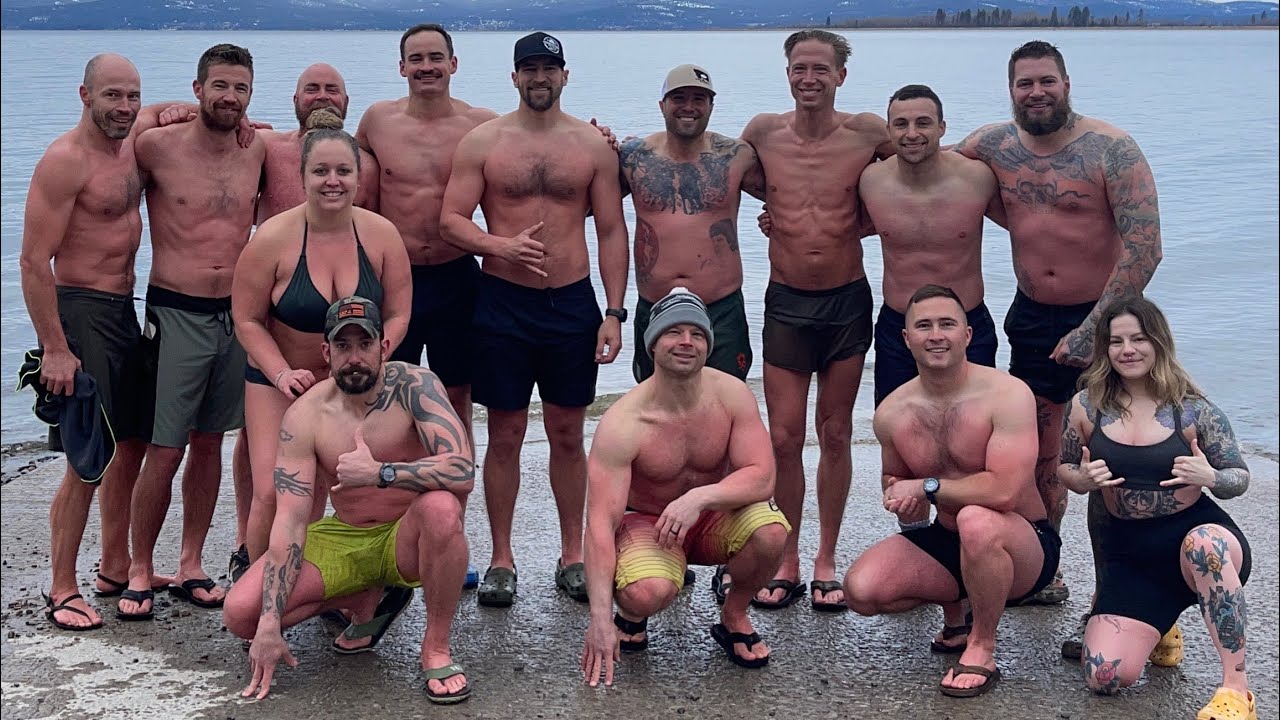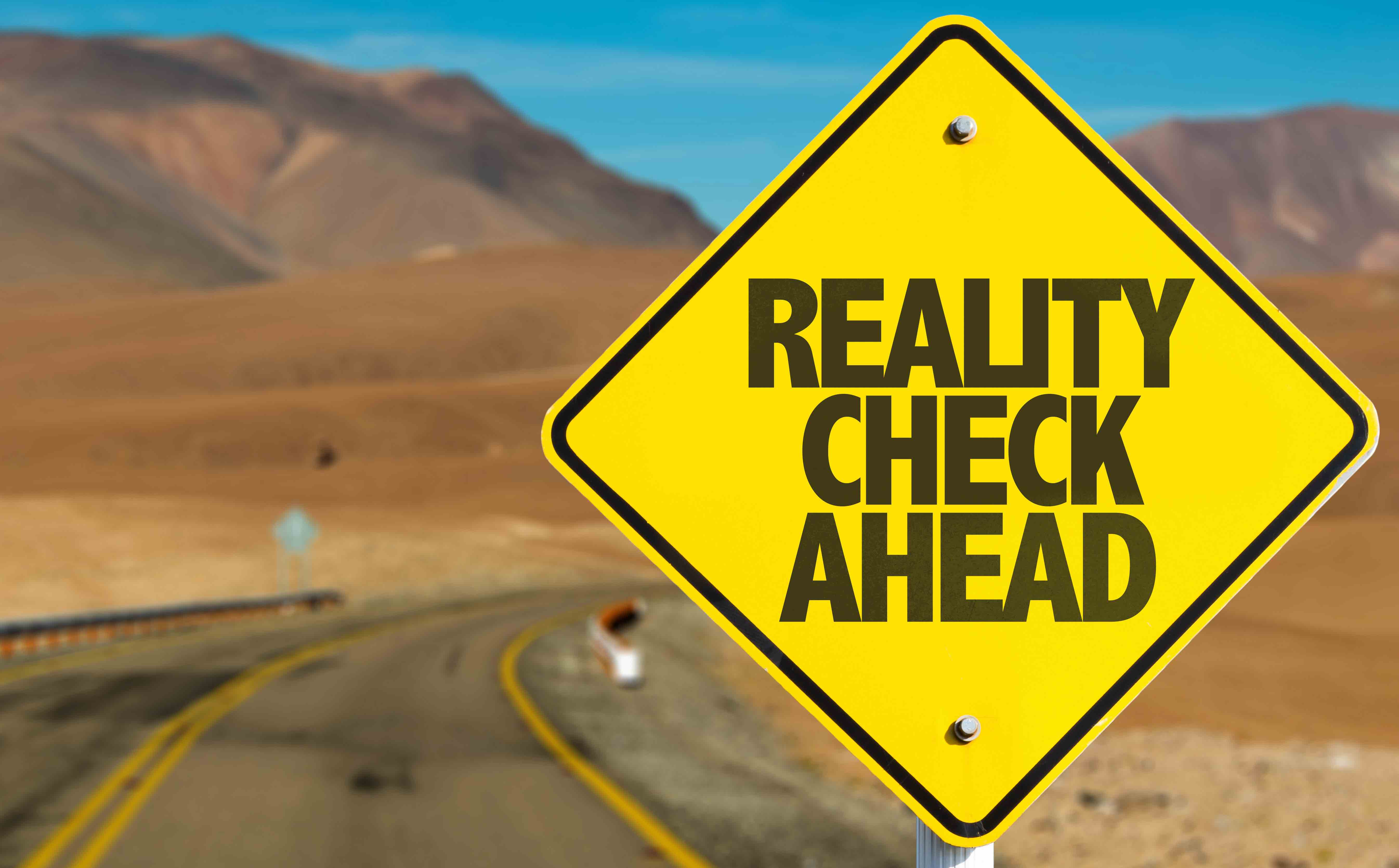You’ve sat through plenty of safety briefs before the weekend. It’s the same thing every time, don’t add or subtract to the population, be careful when you drink.
Of course, many don’t pay attention to that second part. It’s almost seen as a rite of passage to get piss drunk, party with other boots, and make some of the best/worst memories of your military career.
That type of thing is completely normal and expected early on in one’s career. The concern lies when it stops being just for a good time, and becomes a requirement for daily life. When someone can no longer stick to the limits they set for themselves, it is time to seek some help.
Why do we self-medicate?
Going through the trials and tribulations of military life will leave most feeling tired, unheard, and beaten down. At these low points it is understandable to turn to alcohol for comfort and escape.
Drinking is and always has been a way for people to avoid their feelings, getting away from the stressors of their day job. It’s hard to admit that excessive alcohol use adds to the stress that one feels while sober.
This isn’t a call to action, saying you should tell your loved ones to quit drinking altogether. That could actually be risky depending on how much/long they have been drinking.
This is just for your own benefit, some resources to keep in mind the next time you, or a loved one, is considering going on a bender. All things in moderation, remember?
Self-medicating can be a vicious cycle of pain. Without getting to the root of pain, one may never be able to get over it.
The week is long, you feel disrespected at work, you find no fulfillment in what you do, you drink and numb the pain that you feel like shit for drinking so much, which makes your work feel even harder to deal with and the cycle worsens.
How do you stop it when it’s so easily available? How do you stop when it feels like you have no other way to feel better?
The National Institute Alcohol Abuse and Alcoholism (NIAAA) states there are many options available starting at low impact treatments and ranging to higher echelons of care for those with severe alcoholism.
Talk therapy has been proven to be a great way to start the path to recovery, the NIAAA even has a “Navigator” tool you can use by clicking here.
We know mental health services are notoriously hit or miss within the military. You might not be able to rely on them, but talking to friends and family, people who you know you can trust, can stabilize you until a more suited professional is available.
Books and podcasts can only help you so much, but taking the coping mechanisms you know have worked from others can probably work for you as well.
Implementing these things actively throughout your day, destressing appropriately, and avoiding the conflict you know to be unnecessary can reduce the need to numb yourself.
By putting yourself first and practicing serious self-care, you may find that you don’t want as many beers at the end of the night. All things in moderation, right?



%201.svg)









